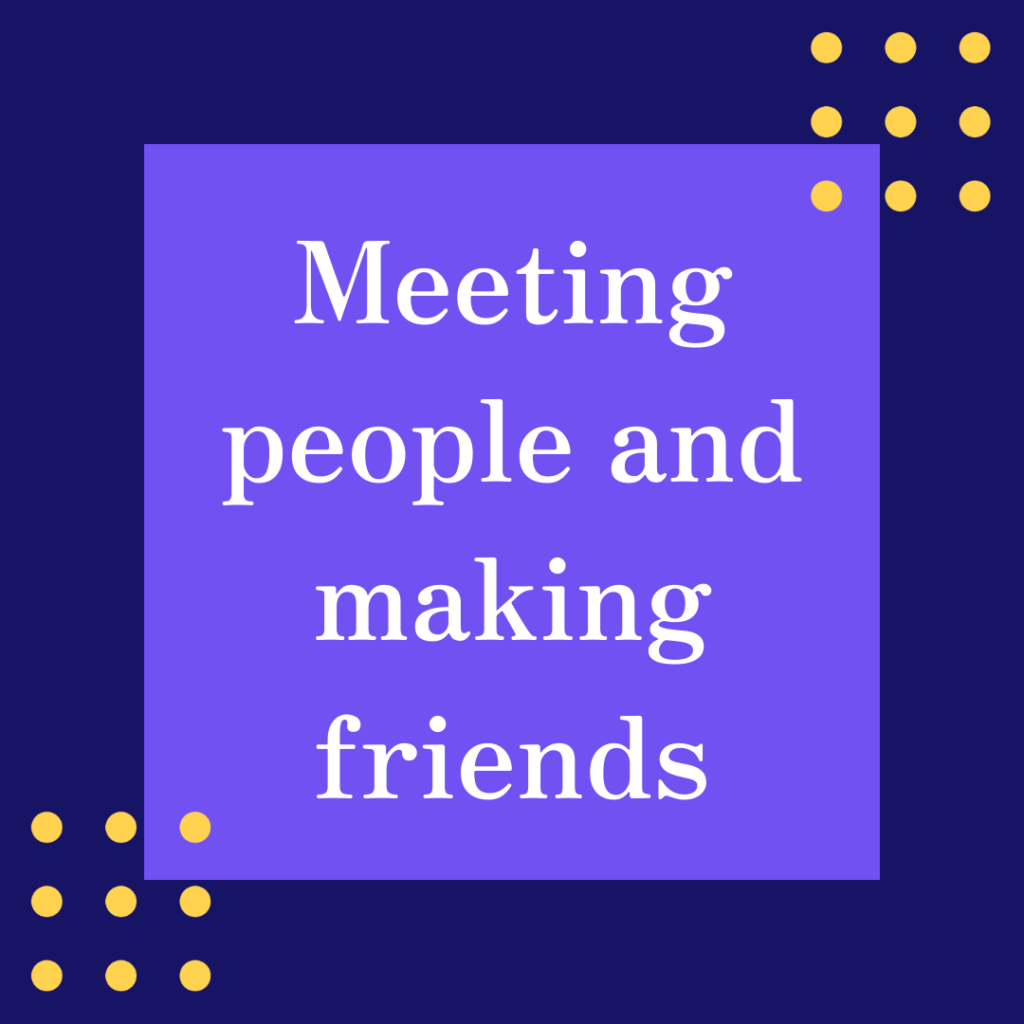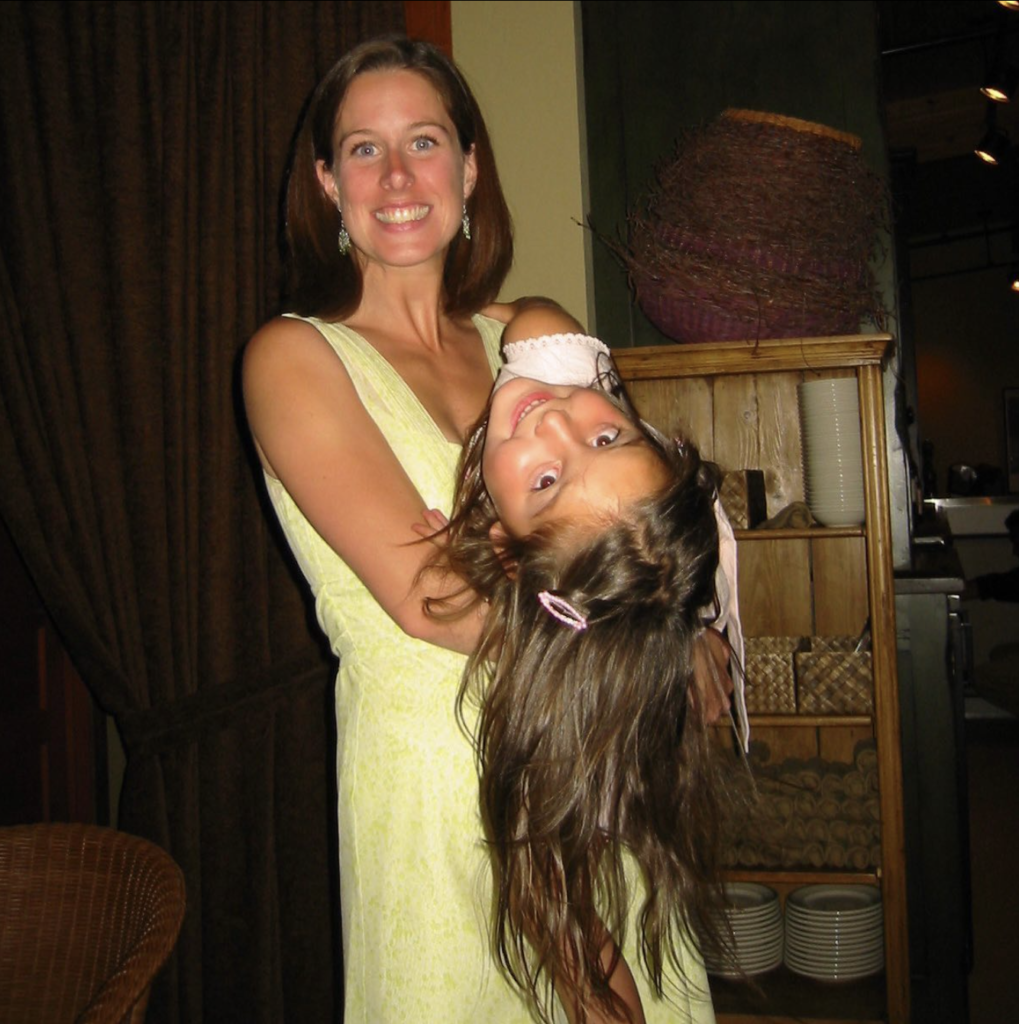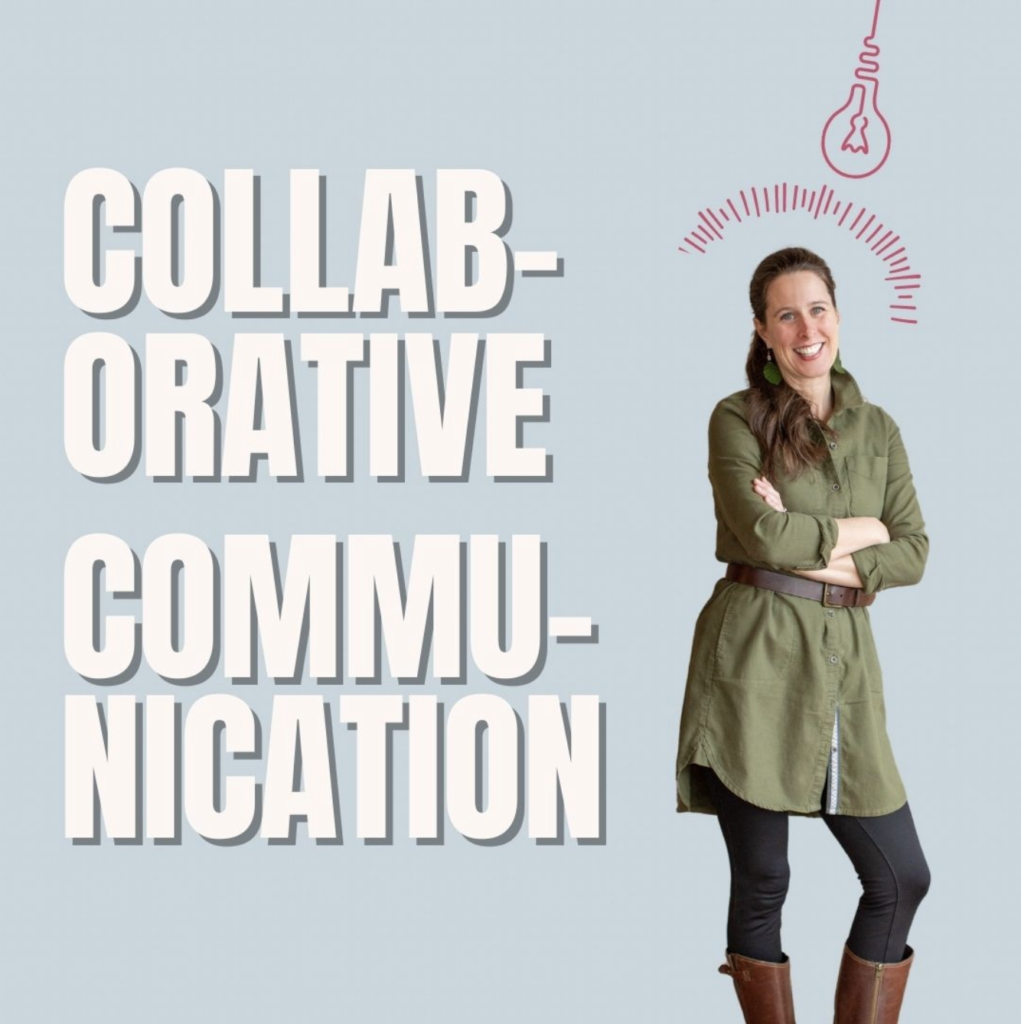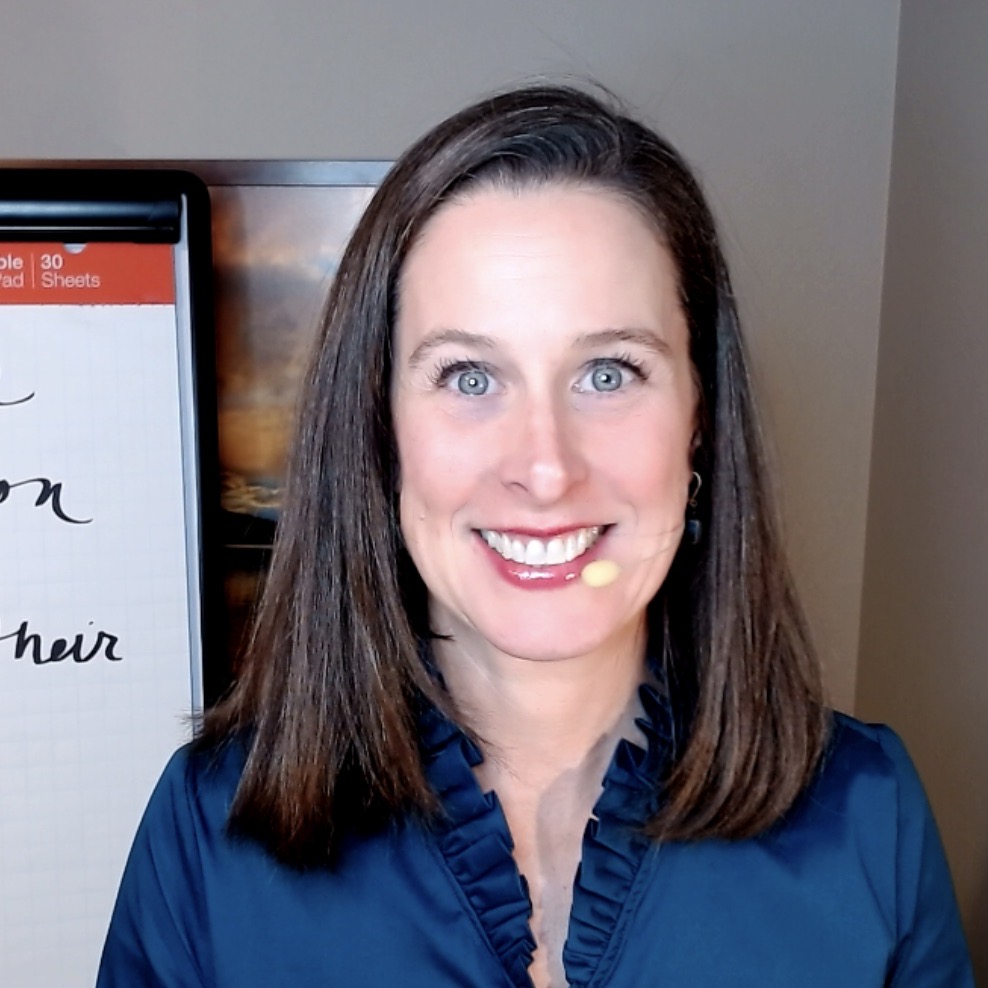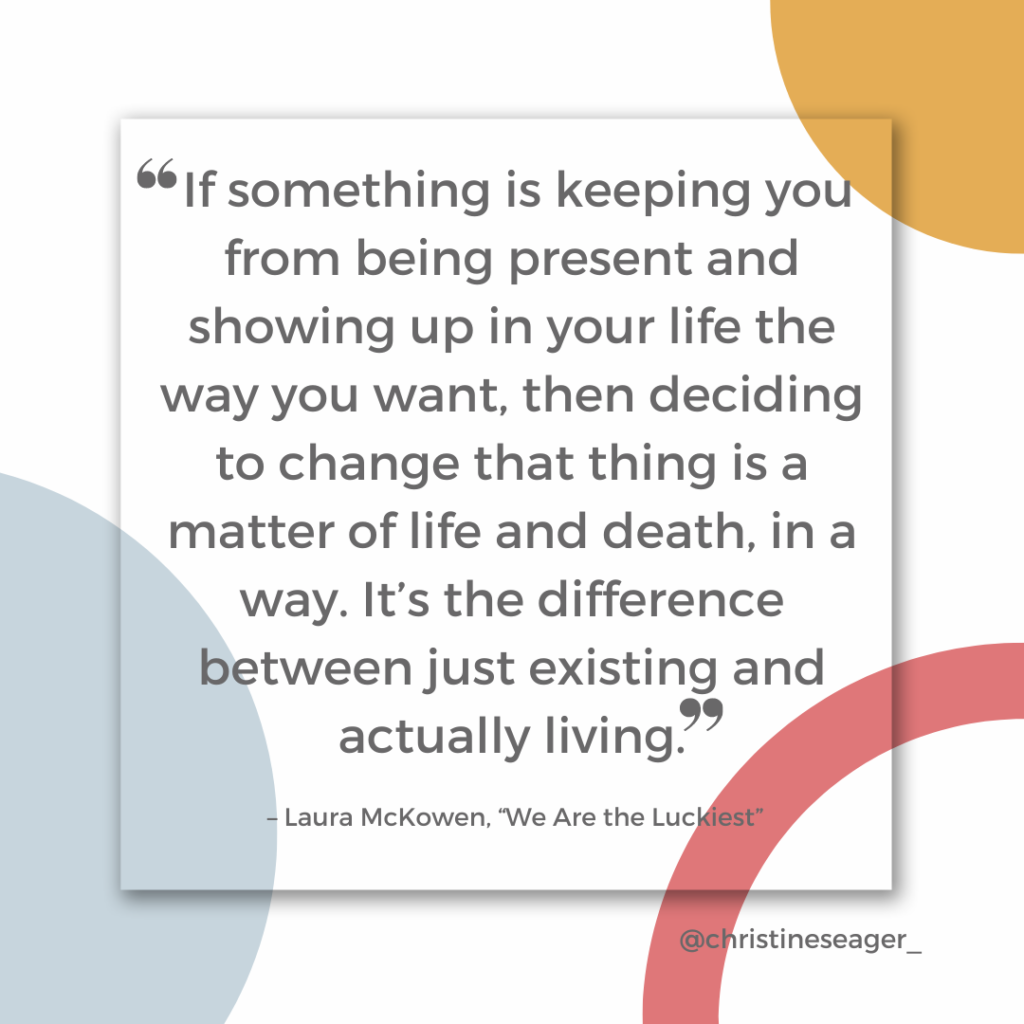You’re at a work conference, and this is an excellent opportunity to meet people, but you’re struggling to just walk up to someone & say hi.
You don’t know how to enter a conversation smoothly.
Everyone else seems to know each other & you don’t want to be a weirdo.
You’re frustrated because you don’t know why this feels like such a big deal, yet you can’t bring yourself to do it.
You’re more inclined to stay in your room during the social hours, or when you venture out, you stand in the corner or stick to those you know.
You’re baffled at how others do this so easily.
But what if you choose to believe that everyone likes you?
How could that be true?
What would be different?
Would approaching people be easier?
Would you be able to walk up to a group and say hi?
What else would be possible?
Your brain is more likely to offer that people do not like you, but is it true?
Did they actually say they didn’t like you?
Are you just remembering that one time in high school when one of the mean girls did say she didn’t like you, but that was nearly 30 years ago?
And how many people since then DO like you?
Don’t believe the hype (the BS your brain offers).
Question everything (is it true- check the facts).
What do you want to believe instead?
Then prove it– what evidence supports this better-serving belief?
If you want help mastering the art of meeting people and making friends, I can help you. Use the link in my bio to book a consult. The only thing you have to lose is your future new best friend.
